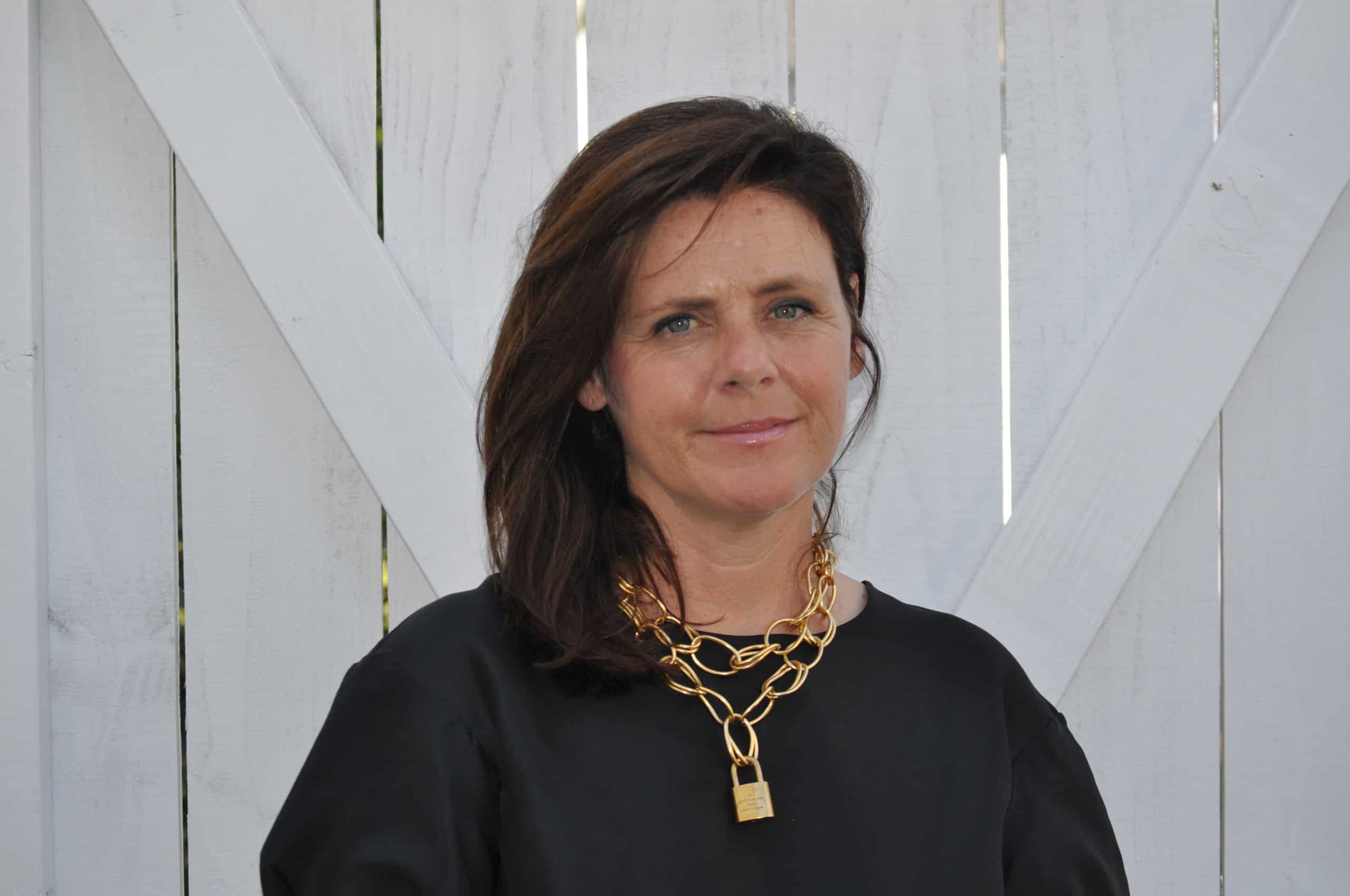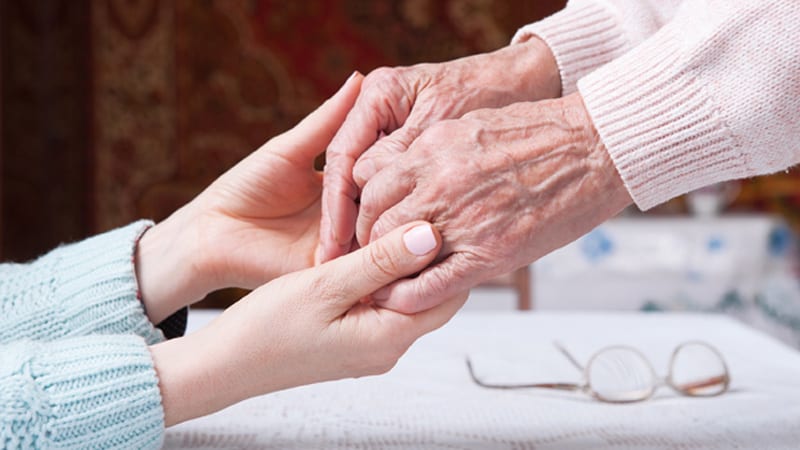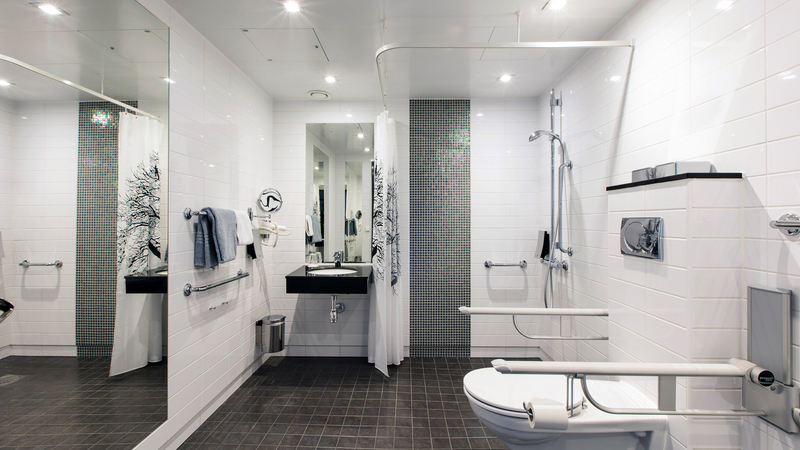There Is No Success in Caregiving Without Self Care
Caregivers: give yourselves a break!

Caregiving, while uniquely rewarding, is never an easy task. Millions of people are happy to take on the role and meet the needs of their family member, but it is a role that requires a lot of self-sacrifice.
November is National Family Caregivers month and as the COVID pandemic continues to affect daily life, caregivers are some of the most impacted by the virus. A recent survey by the University of Pittsburgh found that COVID-19 is having a profoundly negative impact on people who care for family members with disabilities. Caregivers reported worse mental and physical health, money worries, and problems accessing health care because of COVID-19. 43% of caregivers said their mental health was worse than before the pandemic (compared to 36% of non-caregivers).
Family members who are the primary caregiver for seniors have been facing extreme stress and challenges as well. Many caregivers worry about bringing the virus home and infecting their loved ones. Others are fighting to be able to visit their loved ones in a nursing home or care facility, watching helplessly as their conditions deteriorate due to isolation.
Burnout is something all caregivers have to deal with throughout their caregiving journey. Now, with more obstacles to face than ever before, it is vital for caregivers to set aside time for themselves. Both physical and mental health need to be supported through self care and here are a few ways caregivers can start.
Say Goodbye to Guilt
Caregiving can be riddled with guilt. Caregivers can often find themselves feeling like they should have been better or done better and they have regret for things they said or didn’t do. Not every day, every moment, or every interaction is perfect. Everyone has moments they wish they could redo. It is important not to dwell on these moments and recognize that forgiving perceived shortcomings will create an opportunity to do better next time.
Take Notes
Caregivers often take notes about the person they are caring for to use as a reference or to bring to doctor appointments. This is something they should do for themselves as a form of self care as well. Keep a journal of how the day went: was it a good day, what feelings did the day trigger, what was learned, and so on. Going back and looking at these notes can surprisingly reveal a pattern of recurring gratitude and love.
Mayday! Mayday!
Asking for help can be hard. Conversations often go like this, “Please let me know if I can help in any way” and caregivers reply with “I will, thank you.” Yet they rarely do. Don’t wait until the ship is sinking to ask for help, even if it is just in a small way. Help is cumulative. It all adds up. And, humans seem to function better with a purpose. Accept someone else’s purpose to help – it may even decrease isolation.
Mirror, Mirror on the Wall
Self-reflection is often hard but vital to being one’s best self. Take time – it only needs to be a few minutes – to breathe, gather thoughts, and look inwards. Acknowledge and value accomplishments that have been made. Take time to be thankful for a good moment or a good laugh. Take time to see and recognize the personal strength it takes to be a caregiver.
Run Your Race
“Comparison is the thief of joy,” Theodore Roosevelt. Try not to compare a day or caregiving journey to someone else’s. Everyone has their own unique challenges layered with complicated decisions. There isn’t a formula for caregiving. What worked for one person may not work for another – and that is okay. Every caregiver has to find their own path.
Keep It Simple
When game planning for the morning, day, week, or month, learn to simplify. Often the perception is that the more that can be accomplished in one day, the better. However, when it comes to caregiving, things need to be made less daunting. If something intimidating lies ahead, try to break it down into small steps to achieve the goal. Know that living an uncomplicated life can help make things seem more manageable.
One thing that is certain for caregivers is that the challenges are not going to stop. Some days will have more than others. The key to avoiding burnout and staying strong is to create a personal formula for dealing with them, starting by simplifying daily life as much as possible and accepting that it is impossible to do it all.
 Maura Horton, Chief Community Officer for JUNIPERunltd, is known as the Care Coach, a voice of guidance and experience for caregivers and their families.
Maura Horton, Chief Community Officer for JUNIPERunltd, is known as the Care Coach, a voice of guidance and experience for caregivers and their families.



